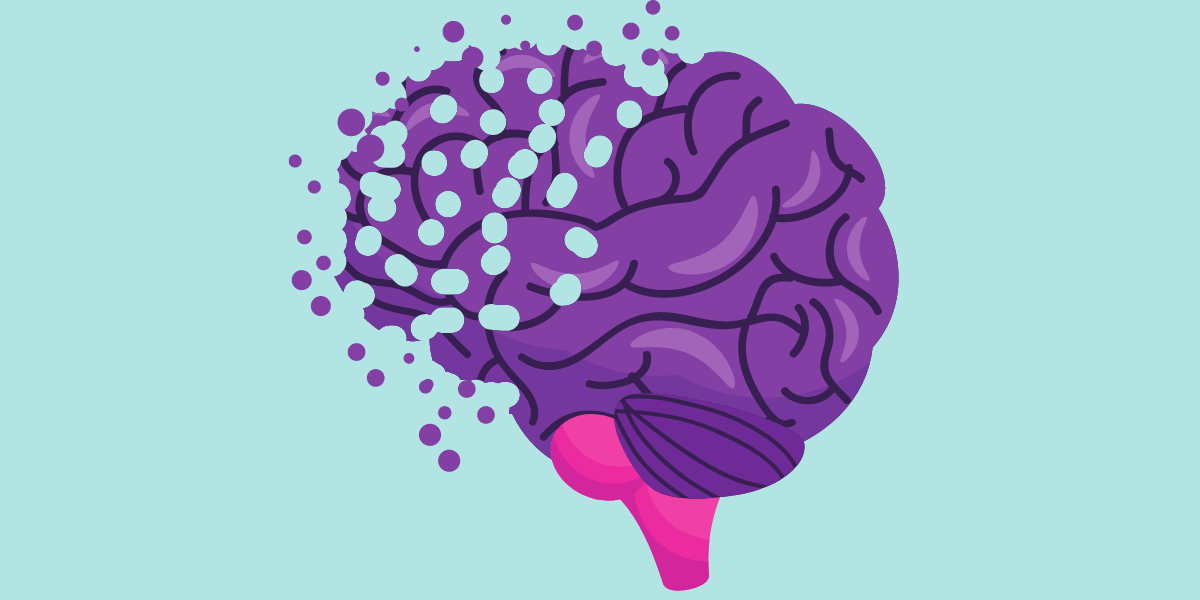2022 was another big year for research at Mass General, and to celebrate, we’re looking back at our five most popular blog posts.
We would like to thank the brilliant and dedicated scientists and clinicians who worked with us to make these stories come to life and help us share the important work they do.
We’d also like to thank you, our readers, for coming along for the ride with us as we work to make Mass General research more accessible and understandable to the general public.
Without further ado, here are the five most viewed blog posts from 2022:

Researchers Call for New Studies to Learn How Our Brains Change When We’re Awake After Midnight

If you’ve ever stayed up late angrily commenting on Twitter posts, eating a whole pint of ice cream out of the container, finishing another bottle of wine, or just feeling miserable, you might identify with the Mind After Midnight hypothesis.
The hypothesis, which was detailed in a recent paper in Frontiers in Network Psychology, suggests that when humans are awake during the biological circadian night—after midnight for most people—there are neurophysiological changes in the brain that alter the way we interact with the world, especially actions related to reward processing, impulse control and information processing. Learn more.

Mass General Expert Explains How You Can Reduce Your Risk of a Stroke

First, the bad news. There are upwards of 800,000 strokes annually in the United States, an average of one every 45 seconds. Strokes are among the most common cause of adult disability in the United States and can have a devastating effect on patients’ quality of life.
The good news is that most strokes are preventable, treatable and beatable, says Natalia Rost, MD, MPH, Chief of the Stroke Division at Massachusetts General Hospital, Professor of Neurology at Harvard Medical School, and Samana Cay MGH Research Scholar 2019-2024. Read more.

Should We Be Turning the Dial Down Instead of Up When it Comes to Vitamins?

For decades, vitamins have been considered an essential part of a healthy lifestyle. Vitamin supplementation has been encouraged to help with better sleep, glossier hair, stronger immune systems and increased energy.
The “more is better” mentality has become the popular way to think about vitamins and their ability to enhance our day-to-day functioning.
For the first time, investigators at Massachusetts General Hospital have shown that significantly depleting levels of vitamin B2, also known as riboflavin, provides unexpected health and longevity benefits in an animal model of aging. The recent findings were published in an Aging Cell study. Read more.

Is Your Shampoo Secretly Harming You? Mass General Dermatologists Call for Better Regulation of Personal Care Products

When’s the last time you checked what’s in your shampoo? The ingredients could be giving you allergies (or worsening existing ones), exposing you to toxic chemicals, or even contributing to more serious health problems down the road.
This has unfortunately been the experience of some consumers of personal care products (PCPs) such as shampoos, conditioners, and other hair care products.
A team of researchers from the Department of Dermatology at Mass General recently published a Legislative Update regarding the lack of PCP regulation in the Journal of the American Academy of Dermatology, urging lawmakers to give the Food and Drug Administration (FDA) more regulatory authority to oversee what goes into these products. Learn more.

Congrats to the 44 Mass General Investigators Named to Clarivate Analytics’ Highly Cited Researchers List for 2022

Clarivate Analytics’ Highly Cited Researchers List is an annual report of individuals at universities, research institutes and commercial organizations who demonstrate a significant and broad influence in their field or fields of research.
Please join us in congratulating the 44 researchers from Massachusetts General Hospital who were named to this year’s list! Read more.
About the Mass General Research Institute
Research at Massachusetts General Hospital is interwoven through more than 30 different departments, centers and institutes. Our research includes fundamental, lab-based science; clinical trials to test new drugs, devices and diagnostic tools; and community and population-based research to improve health outcomes across populations and eliminate disparities in care.
Support our Research


Leave a Comment